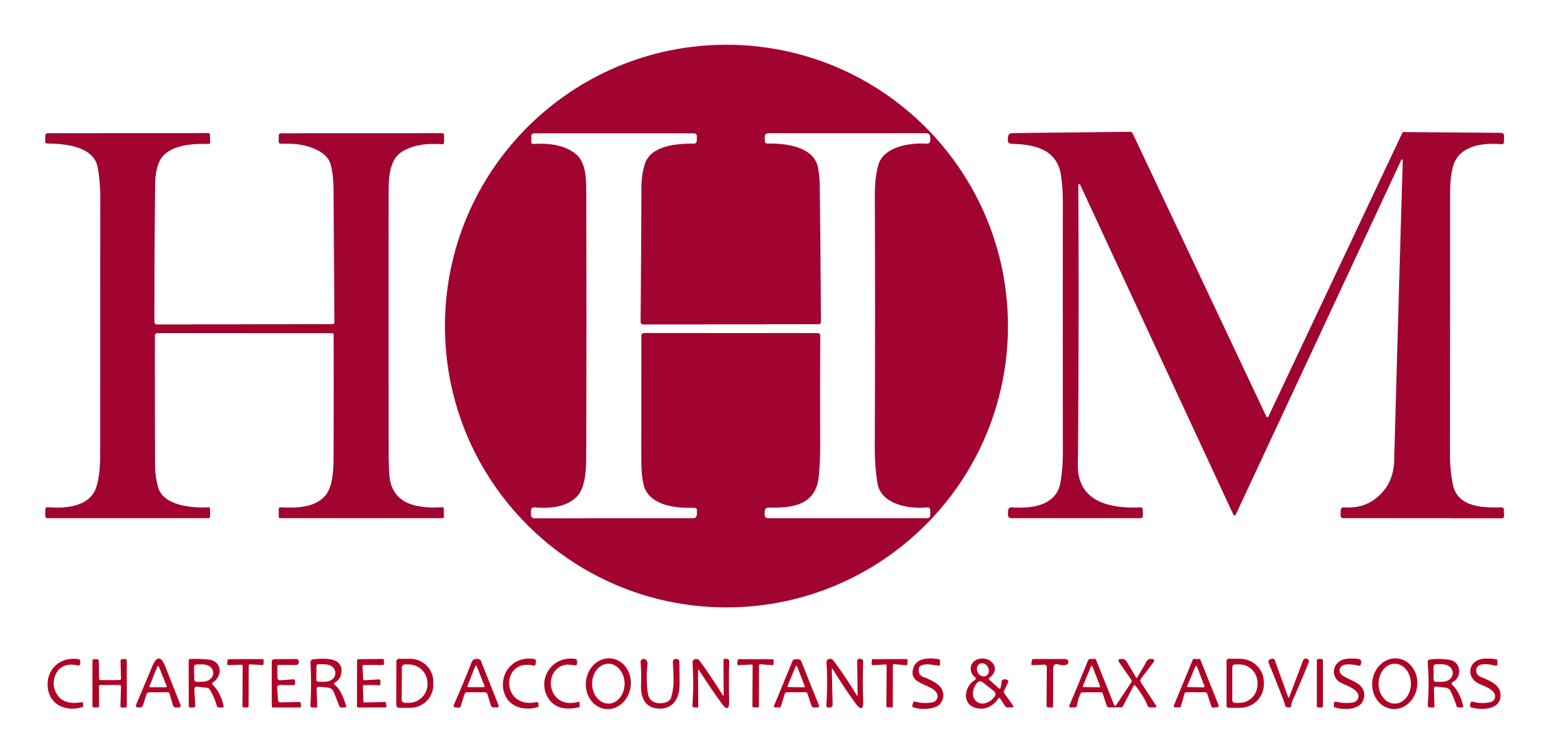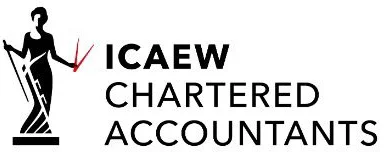Need Help?
FAQs
What is cloud accounting, and how does it differ from traditional accounting methods?
Cloud accounting is a modern approach to financial management that utilises cloud-based software to store and process accounting data. Unlike traditional accounting methods that often rely on locally installed software, cloud accounting offers the advantage of remote accessibility, real-time updates, and collaboration capabilities through the internet.
Is my financial data secure with cloud accounting?
Reputable cloud accounting providers prioritise data security, implementing encryption and secure data centres to protect your financial information. It’s essential to choose a trusted provider with a strong track record in data security to ensure your information remains safe.
Can multiple users collaborate on the same financial data with cloud accounting?
Yes, cloud accounting software often allows multiple users to collaborate on the same data simultaneously. This feature streamlines teamwork and communication, making it easier for teams to work on accounting tasks and share information.
Are cloud accounting solutions scalable for different business sizes?
Cloud accounting solutions can indeed scale to meet the needs of various business sizes, from small startups to large corporations. Providers often offer different subscription plans or pricing tiers to accommodate businesses’ specific requirements.
How does automatic software updating work in cloud accounting?
Cloud accounting software providers regularly update their software to ensure users have access to the latest features and remain compliant with tax regulations. These updates are typically seamless and automatic, eliminating the need for users to manually install patches or new versions.
Is cloud accounting different from online accounting?
Cloud accounting and online accounting are closely related and often used interchangeably, but there can be some nuanced distinctions:
Cloud Accounting: This term generally refers to accounting software and systems that are hosted on remote servers (the cloud) and accessed via the internet. It encompasses a wide range of accounting processes and tools, including financial data storage, bookkeeping, and financial reporting. Cloud accounting may involve the use of web-based applications or platforms for various financial tasks.
Online Accounting: Online accounting typically refers to the practice of performing specific accounting tasks or functions over the internet. It can involve a range of activities, such as accessing and updating financial data, generating reports, or collaborating with others on financial matters. Online accounting often implies that you’re using the internet to access accounting-related services or tools.
In essence, online accounting is a subset of cloud accounting. Online accounting can involve using web-based applications or platforms to perform accounting tasks, which are hosted on remote servers (in the cloud). The terms are related, and their usage can overlap, but the key difference is the broader scope of cloud accounting, which includes various financial management processes beyond specific online tasks.
















